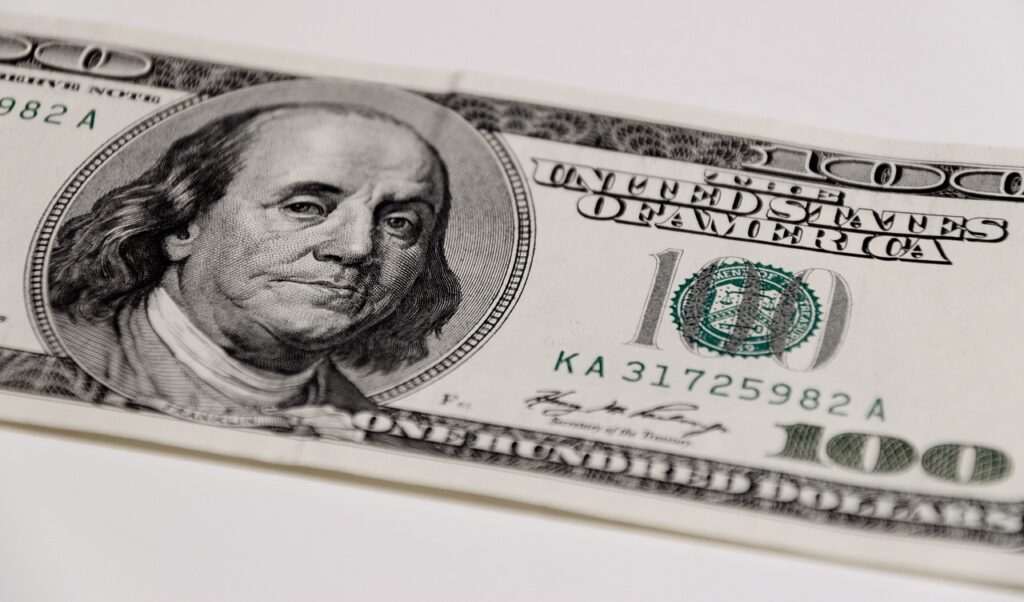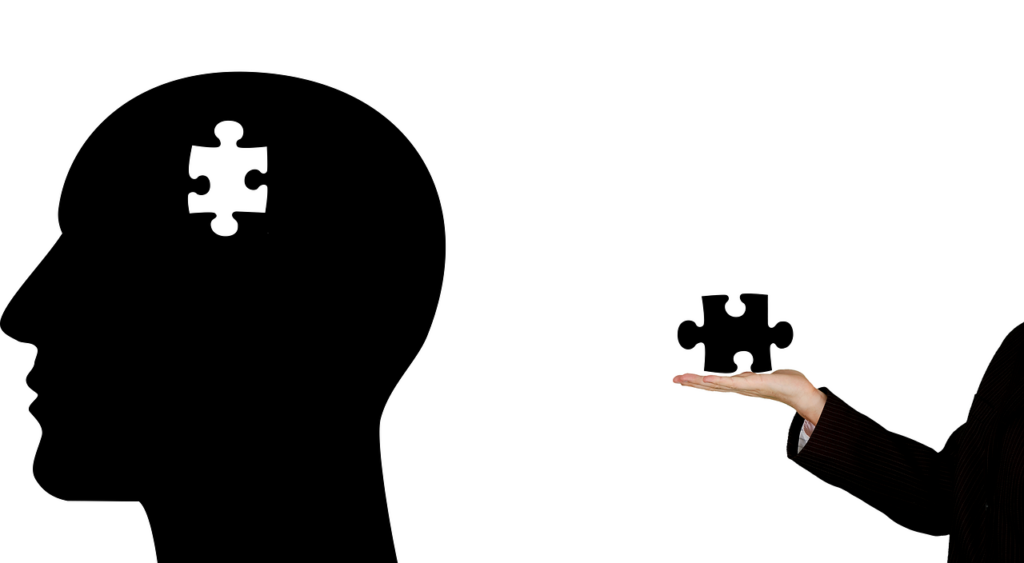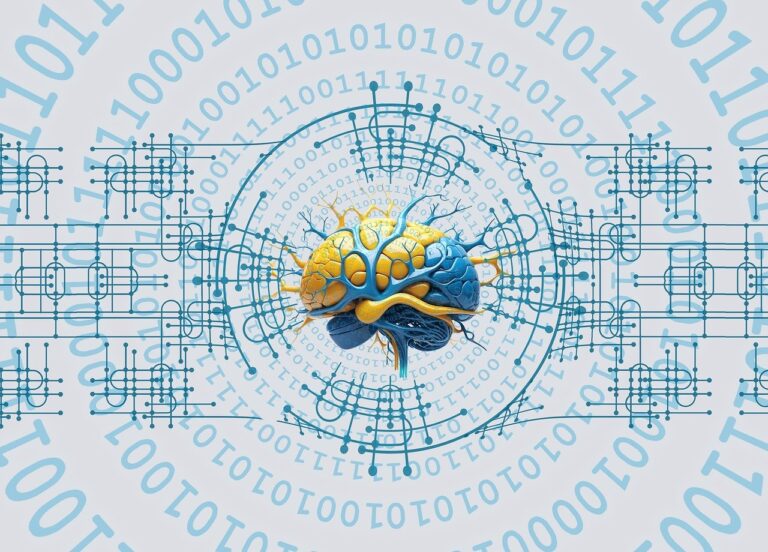Introduction
What is the Coolest Psychological Trick: Psychological tricks offer profound insights into human behavior, significantly improving our interactions. This article explores the “Ben Franklin Effect,” a powerful method for enhancing relationships and influencing decisions.

The Ben Franklin Effect: A Masterclass in Persuasion
Understanding the Trick
The Ben Franklin Effect shows that a person who does a favor for another is more likely to help again than if they had received a favor. Interestingly, requesting a small favor can increase someone’s affection for you. This occurs because of cognitive dissonance—our minds need to align our actions with our beliefs.
Example: In a study conducted at a university, researchers asked participants to lend a small amount of money to a stranger. Results showed that those who lent money rated the stranger more favorably than those who did not. Study details here.
Historical Example
Benjamin Franklin once borrowed a rare book from a political rival. After returning it with thanks, he noticed his rival became friendlier than ever. This change illustrates how asking for a favor can improve interpersonal relations.
Supporting Study: Franklin’s anecdote is supported by research that illustrates the cognitive mechanisms behind why favors can lead to positive social bonds. Read more about this phenomenon.
Applying the Ben Franklin Effect in Everyday Life
In Personal Relationships
Asking friends or family for small favors can deepen bonds. Such interactions encourage emotional investment and enhance relationships.
Example: If you ask a friend to help you organize a party and they agree, they are likely to feel more positively towards you afterward, seeing themselves as someone who cares about your needs.

In Professional Settings
Requesting help or input on projects at work can boost teamwork and increase mutual respect. This subtle tactic promotes a positive and productive work environment.
Example: A manager asks her team for feedback on a new policy. This not only improves the policy with diverse insights but also makes the team feel valued, enhancing cohesion and satisfaction.
Psychological Insights Behind the Trick
Cognitive Dissonance Theory
Cognitive dissonance theory explains why the Ben Franklin Effect works. Performing a favor leads us to adjust our feelings to match our actions—we conclude we must like the person since we helped them.
Supporting Evidence: A comprehensive review of cognitive dissonance illustrates various instances where actions influence beliefs, supporting the theory behind the Ben Franklin Effect.
Reciprocity and Social Proof
This trick also uses reciprocity and social proof principles. When we engage someone in a favor, it triggers social behaviors that enhance their perception of us.
Example: When people see others helping someone in distress, they are more likely to help too, a behavior studied in social psychology as the “bystander effect.” Explore the research on this topic.
Conclusion: What is the Coolest Psychological Trick
The Ben Franklin Effect is an incredibly simple yet impactful psychological trick. By understanding and using this technique, you can subtly influence your relationships and leave lasting positive impressions.


